With over 85 years of combined experience in handling eminent domain and inverse condemnation cases, Jim Helinger and Tobyn DeYoung have handled thousands of cases for our clients. Our practice is strictly limited to eminent domain and inverse condemnation cases. That level of specialty gives us incredible perspective into both the legal and strategic issues that you will face regarding either the government’s right take your property, the amount of full compensation for the taking to which you are legally and constitutionally entitled, or both.
Eminent Domain
Eminent domain is the power of government, or a quasi-governmental entity, such as a utility company, to take private property for public purpose.
Condemnation
Condemnation is the process through which the power of eminent domain is exercised. The condemning authority files a lawsuit against the property owner to take private property necessary for a public purpose. The property owner has the right to defend, which includes, in some cases, contesting the taking. The property owner also has the right to demand that they be paid full compensation for the taking, which right is guaranteed by the constitution.
Inverse Condemnation
Inverse condemnation occurs when a governmental entity appropriates private property or a private property right for a public use without the formal exercise of eminent domain and without the payment of full compensation to the owner.
- How can I protect my financial interests?
A governmental taking can be not only disruptive, but also financially devastating to a property owner. The good news is that both the Florida and Federal Constitutions offer property owners protection against such financial devastation. However, it is incumbent upon you as a property owner to find the right lawyer or law firm to protect your constitutional right to full compensation. This is not a decision that should be taken lightly or made on the basis of which law firm sent you the best solicitation letter provided the slickest maps showing the proposed taking.
Instead, you should base what may be one of the most important financial decisions of your life on the reputation, track record and skills of the lawyer or law firm that will be handling your case.



